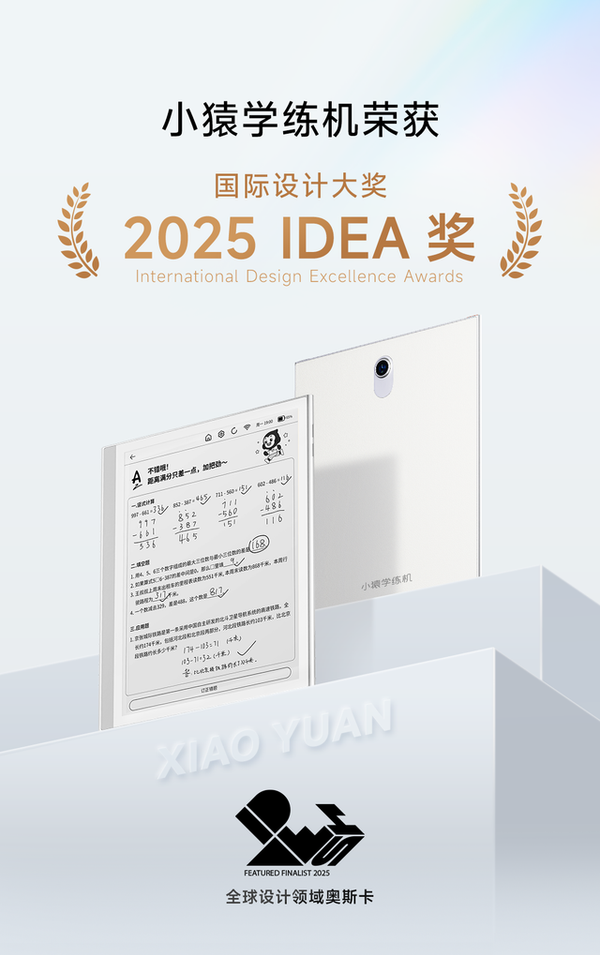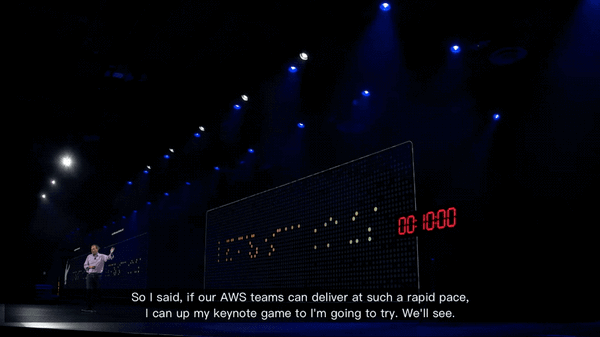OpenJDK News Roundup: Vector API, Ahead-of-Time Object Caching, Strengthening the Meaning of Final
OpenJDK Updates — Week of November 3, 2025
The OpenJDK ecosystem saw major advancements this week:
- 3 JEPs moved from Proposed to Target → Targeted for JDK 26.
- 3 JEPs advanced from Candidate → Proposed to Target for JDK 26.
- The JDK 26 release schedule was finalized.
---
🚀 JEPs Targeted for JDK 26
These JEPs are now confirmed for inclusion:
JEP 529 — Vector API (Eleventh Incubator)
- Continues ten incubation rounds from JDK 16–25.
- Provides an API for vector computations that compile optimally at runtime on supported CPUs, outperforming scalar computations.
- Will remain in Incubation until Project Valhalla features are available as preview, then progress to Preview.
---
JEP 516 — Ahead-of-Time Object Caching with Any GC
- Enhances JEP 483 (Ahead-of-Time Class Loading & Linking, JDK 24) for faster startup/warmup.
- Supports all garbage collectors, including ZGC (low-latency).
---
JEP 500 — Prepare to Make Final Mean Final
- Prepares ecosystem for blocking mutation of `final` fields via deep reflection.
- Affects code using `setAccessible()`.
---
💡 Productivity Tip for Devs & Writers
Platforms like AiToEarn help developers publish updates, tutorials, and release notes across multiple channels (e.g., Douyin, Kwai, Bilibili, WeChat, YouTube, LinkedIn) while integrating AI-assisted content generation & analytics.
- 🌐 AiToEarn核心应用
- 💻 开源地址
- 📊 AI模型排名
---
📌 JEPs Proposed to Target for JDK 26
These are under final review before confirmation.
JEP 530 — Primitive Types in Patterns, `instanceof`, and `switch` (Fourth Preview)
- Fourth preview after JDK 23–25 iterations.
- Introduces:
- Enhanced definition of unconditional exactness.
- Stricter dominance checks in `switch`.
- Review ends: November 13, 2025.
---
JEP 526 — Lazy Constants (Second Preview)
- Formerly Stable Values / Computed Constants.
- Immutable value holders, initialized once, offering `final`-like safety but flexible initialization timing.
- Key updates:
- Name changed to Lazy Constants for clarity.
- Better discoverability in APIs.
- Review ends: November 12, 2025.
---
💡 For content teams explaining new features like Lazy Constants, AiToEarn官网 streamlines AI-powered cross-platform publishing plus analytics and monetization.
---
🔐 JEP 524 — PEM Encodings of Cryptographic Objects (Second Preview)
- Updates following JEP 470 (PEM Encoding, JDK 25).
- Changes:
- Class `PEMRecord` → `PEM`.
- Encryption/Decryption support for `KeyPair` and `PKCS8EncodedKeySpec`.
- Review ends: November 10, 2025.
---
📅 JDK 26 Release Timeline
Approved schedule by Mark Reinhold:
- Rampdown Phase One: Dec 4, 2025
- Rampdown Phase Two: Jan 15, 2026
- Initial RC: Feb 5, 2026
- Final RC: Feb 19, 2026
- GA Release: Mar 17, 2026
---
📦 Current JDK 26 Feature Set (10 JEPs)
- JEP 500 — Prepare to Make Final Mean Final
- JEP 504 — Remove the Applet API
- JEP 516 — Ahead-of-Time Object Caching with Any GC
- JEP 517 — HTTP/3 for the HTTP Client API
- JEP 522 — G1 GC: Improve Throughput by Reducing Synchronization
- JEP 524 — PEM Encodings of Cryptographic Objects (Second Preview)
- JEP 525 — Structured Concurrency (Sixth Preview)
- JEP 526 — Lazy Constants (Second Preview)
- JEP 529 — Vector API (Eleventh Incubator)
- JEP 530 — Primitive Types in Patterns, `instanceof`, and `switch` (Fourth Preview)
---
📣 Takeaway
With Rampdown Phase One in ~3 weeks, tracking new JEPs is critical for planning migrations. Pairing this awareness with multi-channel technical publishing tools like AiToEarn博客 and its 开源代码 can help both developers and content creators:
- Generate AI-assisted technical articles.
- Publish simultaneously to Douyin, LinkedIn, Bilibili, GitHub Pages, etc.
- Monetize expertise while keeping audiences updated.
---
Would you like me to also create a compact table summarizing JEP status and review dates for JDK 26? That way readers can get a fast overview.



